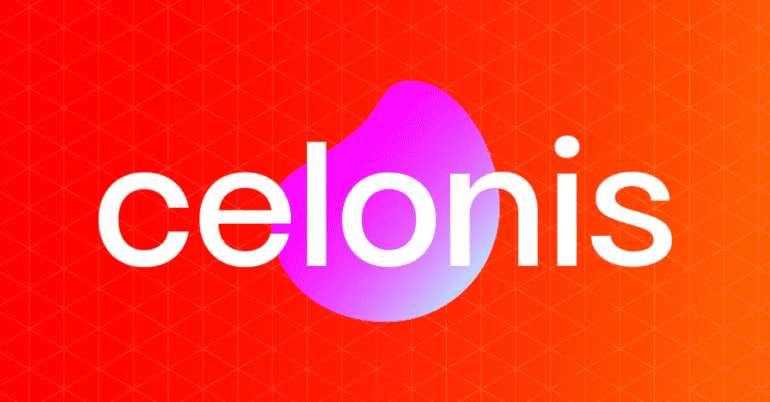TL;DR:
- Celonis, valued at $13 billion, is embracing generative AI with Celonis Copilot.
- Copilot empowers users to inquire about process maps using generative AI.
- CEO Alexander Rinke highlights the strategic use of OpenAI API.
- Celonis aims to make its data more accessible to language models.
- The company provides a structured process data model for data handling.
- Definitions for various process elements are established for clarity.
- An API layer is in place for data exposure to the Celonis ecosystem.
- The fusion of process data models and definitions creates a process intelligence graph.
- The graph fosters a common language for process descriptions across organizations.
- It simplifies data utilization for customers and third-party partners.
- Innovative products are expected to launch next year after private testing.
Main AI News:
In the ever-evolving landscape of enterprise software, Celonis, the German process mining juggernaut valued at an impressive $13 billion, is paving the way with innovative AI solutions. While machine learning has long been at the core of its operations, the company is now embracing generative AI to introduce a groundbreaking feature, Celonis Copilot. The announcement of this new feature took center stage at Celosphere, the company’s esteemed customer conference held this week.
Celonis specializes in assisting organizations in comprehending the intricacies of work processes within their operations. Leveraging cutting-edge software, it uncovers inefficiencies in workflow—a task traditionally reserved for high-cost consultants. Last year, Celonis introduced a novel feature that allowed customers to view multiple processes through a subway-style map.
This year, capitalizing on the emergence of generative AI, Celonis is ushering in Celonis Copilot, a feature that complements the subway map and empowers users to seek answers to their process-related inquiries.
CEO and co-founder of Celonis, Alexander Rinke, revealed that Copilot was developed atop the OpenAI API. While this idea had been brewing within the company since the era of GPT-2, it gained momentum this year, ultimately finding its way into the product.
Rinke acknowledged the challenges encountered during the development process, requiring meticulous orchestration, input, and vector database work. Nonetheless, the company accelerated its investment in this area due to the immense potential it saw.
Beyond Celonis Copilot, the company is committed to making the data within Celonis more accessible to the extensive language models used within organizations. Additionally, Celonis aims to facilitate the development of applications on top of the process data stored on the Celonis platform by third-party partners and customers. Instead of merely offering a large language model, Celonis focuses on addressing the diversity of data types tracked within the platform—a complex undertaking, particularly when each customer may describe elements of the same process differently.
To tackle this intricate issue, Celonis adopts a multifaceted approach. Firstly, they provide customers with a standardized and structured method, known as a process data model, to handle the data within Celonis. This approach combines all processes and scenarios into a single view, enhancing the understandability of the data by large language models.
The second facet involves the definition of various process elements, such as distinguishing between on-time and late invoices. Celonis leverages its extensive knowledge accumulated over many years to establish these business definitions.
Complementing these efforts is a comprehensive API layer that exposes the data to the Celonis ecosystem, enabling the development of applications or interaction with large language models.
The true power of this ecosystem materializes when the process data model and the dictionary of process definitions converge to create a process intelligence graph. This graph reveals intricate connections between different data types, fostering a unified language for describing processes across the entire organization, independent of underlying systems.
Alexander Rinke emphasized the transformative potential of this approach, citing its capacity to deliver increased value to customers and accelerate time-to-value. It also positions Celonis to establish a robust network and platform.
Moreover, this approach simplifies the utilization of data by customers and third-party partners in their own large language model implementations.
While these innovative products are currently in private release as Celonis fine-tunes and tests them with select customers, they are expected to be officially launched sometime next year.
Celonis has made significant waves in the industry, securing $2.4 billion in funding and achieving a remarkable $13 billion valuation following a $1 billion funding round in October 2022.
Conclusion:
Celonis’ introduction of Celonis Copilot and its comprehensive approach to process data management signifies a pivotal moment in the business software market. By harnessing generative AI, Celonis empowers organizations to gain deeper insights into their processes, driving efficiency and optimization. The company’s commitment to standardization and accessibility sets the stage for broader adoption and fosters a more connected and agile business ecosystem.

